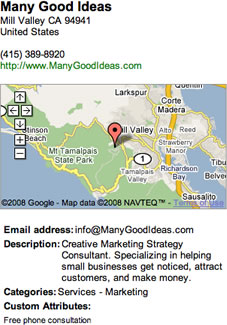We currently own a non franchised Maid Service and trying to create a how to manual. How to market, price and keep customers as well as having a web site for exclusive content and know how we’ve learned. I understand it’s a relatively easy business to start and operate. However, we are finding that a lot of information in many of the how to "start" a cleaning business are very general. We are in a vacation area and a lot of our business is servicing rental homes, condos, etc. We believe we have a niche if we could tell other aspiring and existing cleaning companies how to market and go after these clients. How do I do market research to see if it’s a viable idea.
###
Jay’s Answer: To find out if people are looking for this information see how many people are searching for:
- cleaning business
- commercial cleaning business
- house cleaning business
- carpet cleaning business
- start a cleaning business
- starting a cleaning business
- how to start a cleaning business
- office cleaning business
- window cleaning business
- cleaning service
- cleaning services
- house cleaning service
- home cleaning business
- house cleaning services
You’ll find that there’s mid-low search interest, and high advertising competition.
Before you spend any money on advertising the solution, make sure you can prove ROI on your business (using these tips) and also that the information is transferable (others have followed the tips and they worked for them as well). Then, you have the "case studies" to sell the system – whether it be a book, video, seminar, franchise, etc.


 Since the purpose of having a website is for people to find you online, I wanted to go over some basic strategies for ensuring that people searching for your types of services/products find your small business’s website.
Since the purpose of having a website is for people to find you online, I wanted to go over some basic strategies for ensuring that people searching for your types of services/products find your small business’s website.